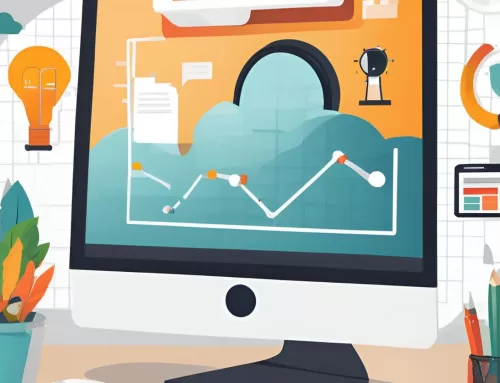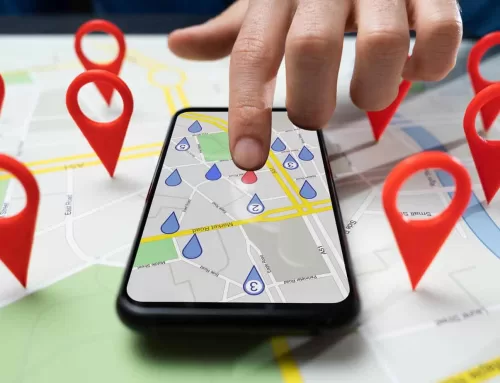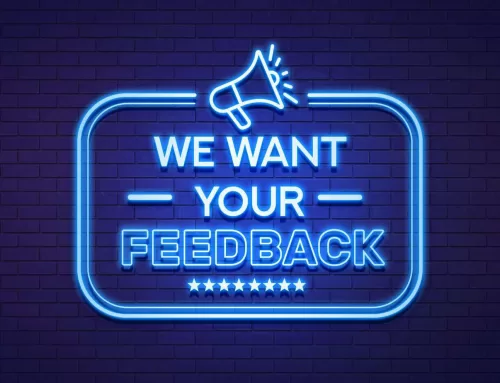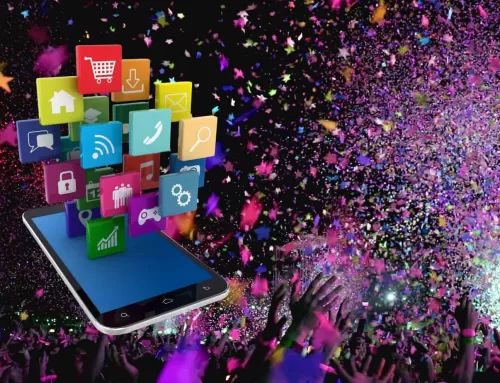Can AI replace a marketing professional in a small business? This is a question that’s been percolating in the minds of many business owners as well as marketing professionals lately. Obviously, it’s a topic that I find of great interest for my line of work and one that I will seek to answer with as much objectivity as I can. To enable this, I sought the advice of my trusty assistant ChatGPT. I asked the question, and it gave me the answer.
Simply put, whilst AI should now be thought of an essential ingredient in the marketing mix, its real superpower is in its ability to enhance the existing capabilities and expertise of marketing professionals. Enabling them to deliver timely, impactful and differentiated ideas that drive sales, inspire new customers, and strengthen the brand. By employing a marketing professional that utilises AI, you are getting more than you ever had before.
Basically it’s marketing on steroids!
So let’s now explore the pros and cons of using AI in marketing and whether it can replace the expertise of a marketing professional for a small business.
Pros of using AI in marketing
- AI can process vast amounts of data and provide insights that would take humans much longer to uncover.
- AI can analyse customer behaviour and preferences. This can help businesses tailor their marketing efforts to specific demographics. This is done through:
-
- Natural Language Processing (NLP): AI can analyse customer feedback, reviews, and social media posts to understand customer sentiment, opinions, and preferences. An example would be where NLP is used to analyse customer reviews of a restaurant to identify the most popular dishes and customer complaints.
- Predictive Analytics: AI can analyse historical data to predict future customer behaviour and preferences. for example, an e-commerce website can use AI to analyse customer browsing and purchase history to recommend products that are most likely to be of interest to the customer.
- Machine Learning: AI can learn from customer behaviour and preferences to personalise marketing messages and product recommendations. for example, a streaming service can use AI to recommend movies and TV shows based on a customer’s viewing history and preferences.
- Image and Video Analysis: AI can analyse customer behaviour and preferences through image and video analysis. for example a fashion retailer can use AI to analyse customer photos on social media to understand the latest fashion trends and customer preferences.
- AI can automate certain tasks such as email marketing campaigns, social media scheduling, and website optimisation. This can save businesses time and money.
Cons of using AI in marketing:
- AI lacks the creativity and intuition of a human. It cannot understand the nuances of human behaviour and emotions, which can be critical in creating effective marketing campaigns.
- AI lacks originality and currently can only create originally structured content based on current data that’s available. So while it can transform that information, it cannot generate new content that does not already exist.
- AI algorithms can be biased, can perpetuate discrimination, and even amplify prejudices. Especially if the data used to train them is not diverse enough. This can lead to inaccurate targeting and messaging.
- AI never doubts itself and is not guided by caution when generating ideas. In other words, it doesn’t have a conscience and it doesn’t have human intuition. These are the elements of human nature that guide us in thinking of the bigger picture when generating content for the business.
- AI cannot replace the relationship-building aspect of marketing, which is essential in establishing trust and loyalty with customers.
In the end it comes down to practicalities.
Small businesses seek to engage external marketing professional services because they do not have the time or the expertise to do it themselves. With or without AI, this variable has not changed. In order for AI to be used to its fullest potential it needs to be asked the right questions. Additionally it needs to be utilised in the right way in order to maximise it’s output. This output needs human oversight to ensure it speaks for the brand in the right way. Minimising the risk of reputational damage from content that cannot replicate the intelligence and reasoning of a human.
In conclusion, AI can be a powerful tool in marketing. However, it cannot replace the expertise and creativity of an experienced marketing professional. Small businesses should embrace AI as a tool to enhance their marketing efforts. But they should also recognise the value of human expertise in creating effective marketing campaigns.
As a small marketing consulting firm based in Bathurst, NSW, we understand the challenges that small businesses face when it comes to marketing. That’s why we believe in using a combination of AI and human expertise to create effective marketing strategies. We work closely with our clients to understand their unique needs and goals, and then leverage the power of AI technology and our marketing experience to develop tailored solutions that drive results.
So if you are a small business looking to grow your business and take your marketing to the next level, GET IN TOUCH today to learn how we can help.






